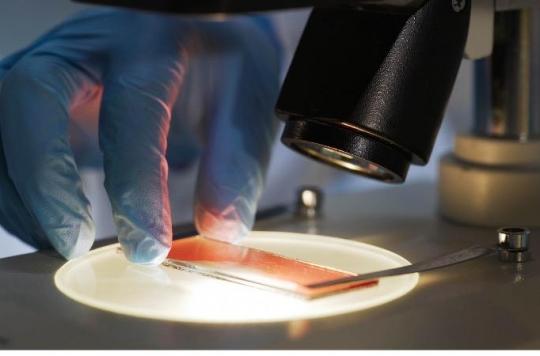Men who have recovered from prostate cancer are at risk of developing metastases, but a new test could detect them quickly.

Prostate cancer is the most common male cancer: each year, approximately 71,000 people are affected. A recovered man is not spared the risk of recurrence, which is why screenings are carried out to detect possible metastases. Researchers at the Albert Einstein School of Medicine in New York have developed a new test that is faster and cheaper than the previous ones. They publish their results in The Journal of Molecular Diagnostics.
A more convenient and cheaper test
The new test detects copy number transformations, CNAs, which are changes in the genome leading to the development of tumours. Researchers take blood or tissue from the prostate and check for NACs. The test called NG-CNA is able to analyze 902 genome types in 194 genomic regions, faster and cheaper than all existing tests.
According to the scientists, the results are easier to read, allowing them to analyze thousands of samples at once. The cost of a test is between 20 and 40 US dollars, whereas previously it took 1000 US dollars to analyze the genome as a whole. The new test should make it possible to better adapt therapies in patients who have metastases, and to better follow those who require continuous monitoring.
The research is progressing
Research in the detection of cancers is making great strides. At the beginning of December, Australian researchers revealed that they had made a test capable of detecting certain types of cancer in ten minutes, in particular that of the prostate. Thanks to gold nanoparticles, scientists can identify cancer cells. According to the authors, it can detect 90 cases out of 100.

.

















